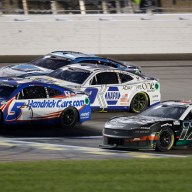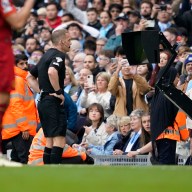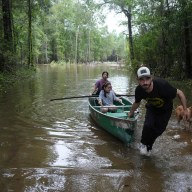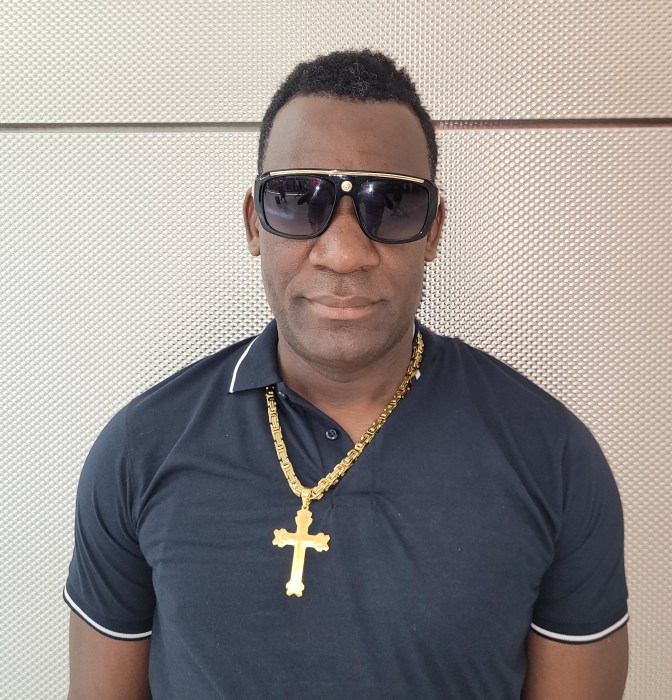This one time, at band camp, Skip Prokop decided to change rock ’n’ roll forever.
But first thing’s first. Prokop’s Canadian orchestral rock outfit will hit Toronto to celebrate the release of Lighthouse: 40 Years of Sunny Days, a collection of 16 remastered classics, including their go-to singles Sunny Days and One Fine Morning, liner notes documenting the band’s history by Grammy Award winner and York University music professor Rob Bowman and a live performance DVD of the same tracks recorded at Q Music Studios mixed in 5.1 Dolby Digital surround sound. “You’ll think you’re sitting in the middle of my drum set,” adds Prokop.
Lighthouse’s blend of jazz, rock and pop gave it a stranglehold on Canadian airwaves throughout the early 1970s, made it the country’s first ever group to go platinum, packed such venues as Carnegie Hall and the Fillmore East and West and boasts such alums as film and television score composers Paul Hoffert and Howard Shore (the latter noted for Lord Of The Rings and Silence Of The Lambs).
But Prokop says his earlier days in the now-defunct Toronto Optimists Drum and Bugle Corps — a lesser-known activity involving intense field marching and playing sweeping brass-led symphonies while on the move — planted the seed of his brainchild that would ultimately prove to be miles ahead of its time, providing a blueprint for such bands as Electric Light Orchestra, Chicago and Blood, Sweat & Tears.
“You think about the power in a drum corps of about 60 or so horns,” Prokop says. “And you go, ‘Wouldn’t it be great if you put a band together that had a rock nucleus, a string quartet and a brass quartet?’ And then you could basically cover any kind of music you wanted to cover. You could also go out on stage and perform what you perform on a record, so people wouldn’t come and say, ‘Where’s all that stuff that I love?’ It was right there. That became the word-of-mouth appeal with Lighthouse. People had never seen a rock orchestra. We had to invent it.”
It initially posed a risky proposition for a timid record industry in 1969, and without some Hamilton-style persuasion, Lighthouse may never have gotten off the ground. Prokop, with composer and member Paul Hoffert in tow, needed an advance to tour and record their 13-piece band. RCA was interested, but MGM, the label to which Prokop was beholden at the time, was not. As luck would have it, Prokop and Hoffert’s attorney had a mole at MGM who leaked information that had label execs describing them as “flower-power teddy bears” whom they could push around during an upcoming meeting.
“So we grabbed them and threatened to kill them, right there in the boardroom,” continues Prokop. “Scared the hell out of them, threw a few of them up against the wall. By two o’clock in the afternoon we were handed an envelope and boom, we were out. I’m coming out of Steeltown. It just isn’t a smart idea to intimidate me.”
















